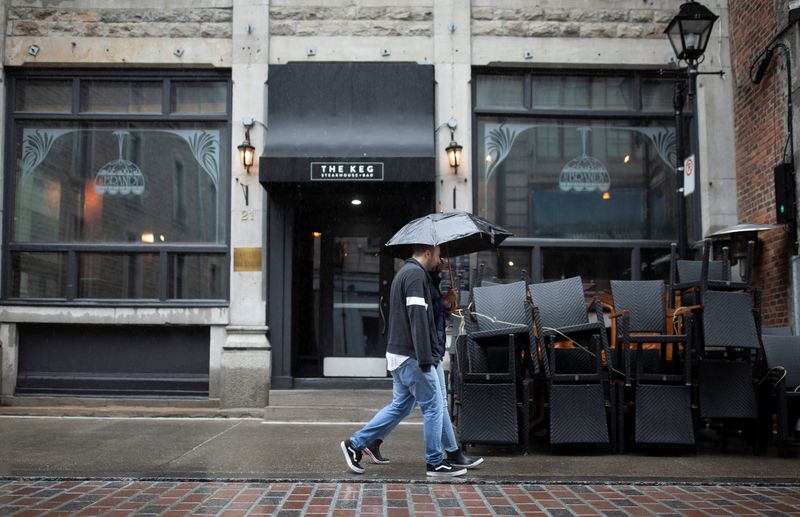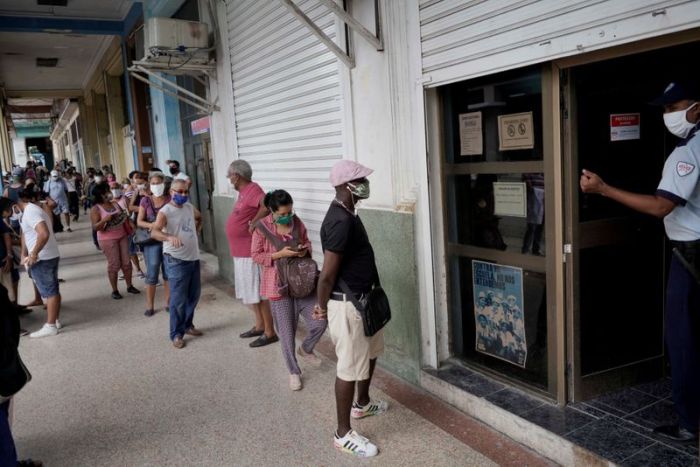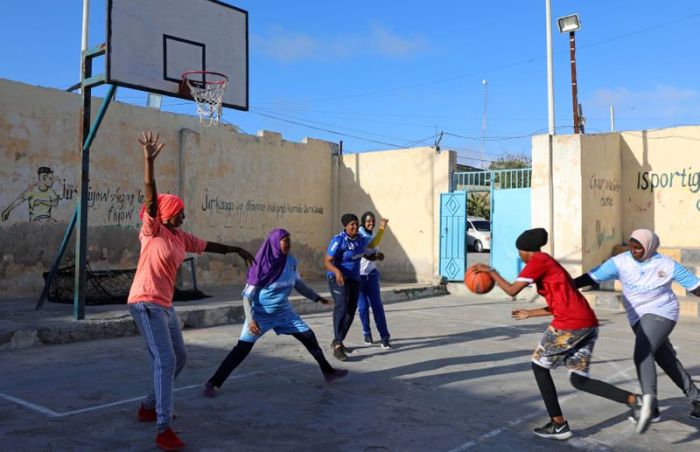MONTREAL, TORONTO (Reuters) – Canada’s Quebec province reported more than 1,000 new COVID-19 cases on Friday, as infections mount despite recent efforts aimed at limiting social gatherings blamed for the pick up among residents under the age of 30.
Prime Minister Justin Trudeau last week warned Canadians to be prepared for a fall that “could be much worse than the spring,” as the country enters a second wave of the pandemic. The country’s most populous provinces, Ontario and Quebec, are taking targeted measures to avoid broad-based lockdowns.
On Friday, Quebec reported 1,052 new cases and seven new deaths. Canada reported 160,535 total cases on Thursday, an increase of 1,777 on the day, and 22 new deaths, taking the total fatalities from the pandemic to 9,319 deaths, latest federal government data showed.
“Today’s numbers show us that the situation is really critical,” Quebec Premier Francois Legault told reporters in Montreal, adding the province “might need to close other activities in the coming days.”
Separately, the neighboring province of Ontario said it would extend masking policies in place in many regions to the entire province. Beginning Saturday, restaurant, bar and night club capacity will be limited to 75 in Toronto, and 100 in nearby Peel region and the city of Ottawa.
Quebec, the country’s hardest-hit province for coronavirus,
has ordered bars, museums, theatres and restaurant dine-in service in hotspot regions like Montreal to be shut through Oct. 28.
Ontario Premier Doug Ford said that beginning Sunday, public testing sites would stop accepting walk-in patients, and only test people with an appointment, to ensure no one has to wait in line in cold weather and overwhelmed labs can catch up.
The city of Toronto said in a release that its top medical official had asked the province to bring in tighter restrictions, including prohibiting indoor dining at restaurants and bars, and an end to indoor fitness classes and sports.
(Reporting by Allison Lampert; Editing by David Gregorio and Mark Potter)
























